Science
The CRMS Science Department embraces the notion that science requires methods, practices and a mindset for inquiry. We want students to leave CRMS with a 21st century skillset (collaboration, creativity, critical thinking, and problem solving) as well as a deep understanding and life-long excitement for the process of science. Therefore, we seek to maximize active and extended inquiry, deep exploration of concepts, labs, fieldwork, and the use of technology. Throughout our curriculum, our classes go beyond the textbook and allow the student to engage in hands-on authentic applications of scientific principles. Outside of the classroom, students expand on their scientific learning while researching and teaching biological, ecological, and geological concepts to their peers while on Fall and Spring Trip. CRMS science students become critical thinkers and citizens who use the content, models, and skills of science throughout their lives. Students start with Biology, followed by Chemistry. They are encouraged to continue with other science courses throughout their years of study here.
In CRMS’s foundational science course, students explore the evolution and processes of life on Earth. When the class is presented with authentic problems or projects, this class dives into them. Examples of this in the past have involved devising an aquaponics system to grow fish and vegetables for the CRMS kitchen, relocating a threatened osprey nest, creating an observational beehive, and constructing a baseline water quality analysis of a threatened local watershed. When we are not involved in a project-based unit we jump into ecology, plant biology, evolution, genetics, taxonomy, biochemistry, cells and cell division, human reproduction, infectious disease, and the immune system.
 MYCRMS
MYCRMS
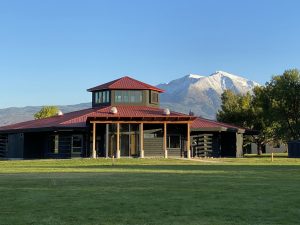
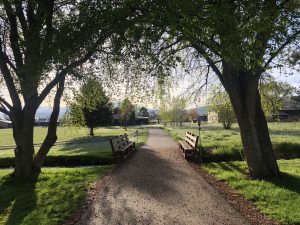
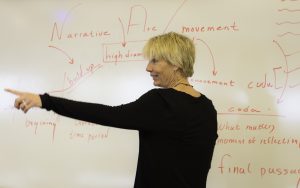
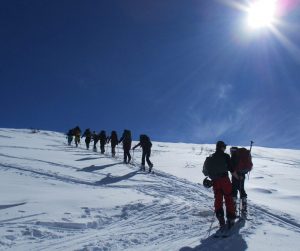

 Virtual Tour
Virtual Tour